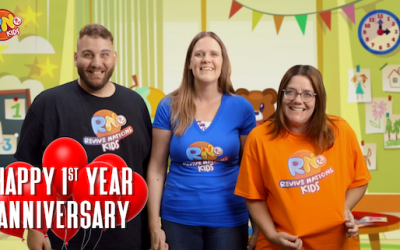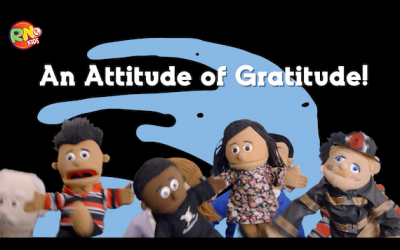
By Sarah Evans
Last time we learned that ‘natural’ consequences are the best way that many adults learn from their mistakes, but that children are not always mature enough to make the connection between their choice of behavior and the subsequent outcome. And so, even though we as parents need to always point out this connection to our children in helping them understand ‘natural’ consequences, we can also use ‘unnatural’ consequences in the short term.
Our focus when giving our children an ‘unnatural’ consequence should always be the same: to help our children one day learn from natural consequences, and to teach them. Our children will make mistakes, and will continue to make the same mistakes over and over. This is because they are adults in training and so we cannot expect them to act like adults yet. Many adults have difficulty learning from their mistakes, and so our expectation of our children needs to be realistic. We expect our children to grow and mature but at the same time we need to show them patience when they make a mistake, and lovingly guide them ‘back on track’.
This is the same thing with us. When we fall short of God’s standard for us, which is often, God’s mercy says “it’s OK, I forgive you”. God’s grace says “it’s OK, I still love you”. God is patient with us when we fall and He teaches us to get back up and keep moving forward.
God teaches us what He expects of us and lovingly leads us back to His ways. We need to be the same for our children, so that they can also understand God’s amazing grace and love for them.The use of ‘unnatural’ consequences involves either taking away something that our children desire, for example, time on their devices or computer games etc… or giving them something that is undesired, for example, an extra household chore, or restitution: correcting the outcome of their mistake etc. When administering ‘unnatural’ consequences it is important to remember the following: SEEK GOD’S WISDOM
But the wisdom that comes from heaven is first of all pure, then peace-loving, considerate, submissive, full of mercy and good fruit, impartial and sincere. – James 3:17Often we as parents feel helpless and we lack confidence, especially when there are problems with our children that we are unsure how to handle. And yet, God’s Word tells us that we were never meant to travel this parenting journey alone, apart from His wisdom. And even though most of us know this truth, we often forget to ask God for His help. We cannot hope to raise our children to be God-fearing and God-loving adults without God’s wisdom and guidance. Let us remember to first go to Him, as He is our ‘very present help in times of trouble’. BE FAIR:
Make sure that the consequence fits the offense.We need to ask ourselves: “did my child knowingly do something wrong? Or were they merely forgetful or distracted?” There is a big difference here in motivation. This really needs to be considered because if our child was merely forgetful, a consequence may be given in vain. For example, if my son forgets to bring his homework home from school, will taking away his computer time really help him to remember his homework next time? Not necessarily. In fact, it might be better in this case to problem solve with him ways to help him remember his homework instead. However, if my son hits his sister out of anger, this is entirely different and needs to be addressed accordingly. BE AGE APPROPRIATE:
Make sure we consequence in accordance with the age and maturity of each child.If a three year old infant hits their sibling, it is very different than if a ten year old hits their sibling. In both instances, the child did something wrong but the three year old is less able to control their impulses and so needs to be extended extra grace. It is still important to teach and give a consequence, but in the case of the three year old it should not be for a long period of time. The thumb of rule, when giving an unnatural consequence, should be: ‘how long can my child focus their attention on one thing before becoming distracted?’ In the case of the three year old, this would be a matter of minutes. No unnatural consequence should be given for a long period of time. Anything longer than twenty minutes is most probably ineffective because the child will forget why they are receiving a consequence. A consequence should always be short and memorable, so that our children can learn what is expected of them next time, and to avoid them from becoming overly frustrated and discouraged. I pray that our God of grace and mercy will give us all wisdom and strength, when attempting to discipline our children. Let us go boldly to His throne and ask Him to help us, as we can do nothing without His everlasting love and grace. And in Him, we can do all things and so can be a Godly parent for our children to follow, to His glory.




